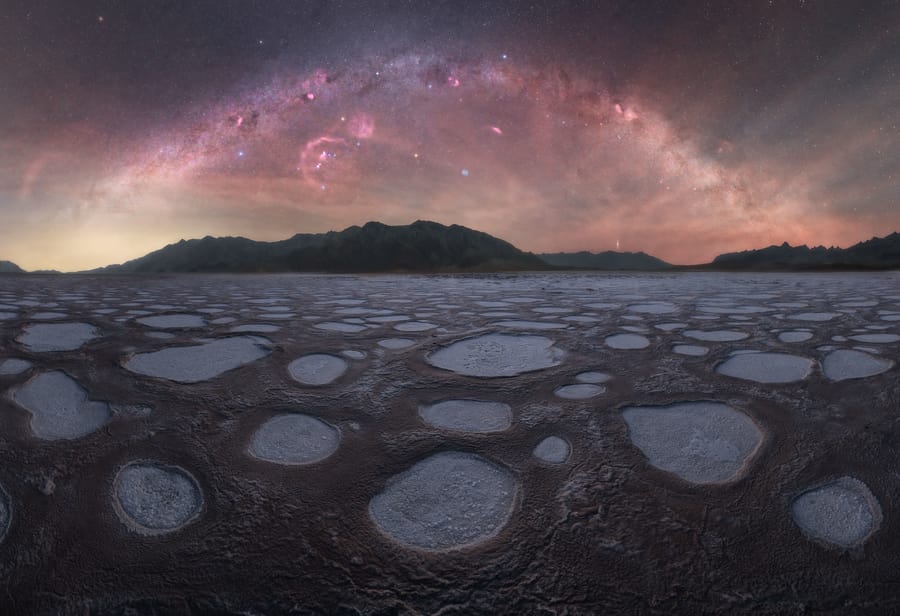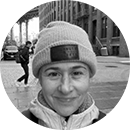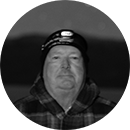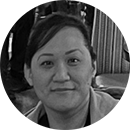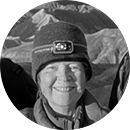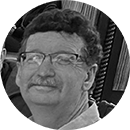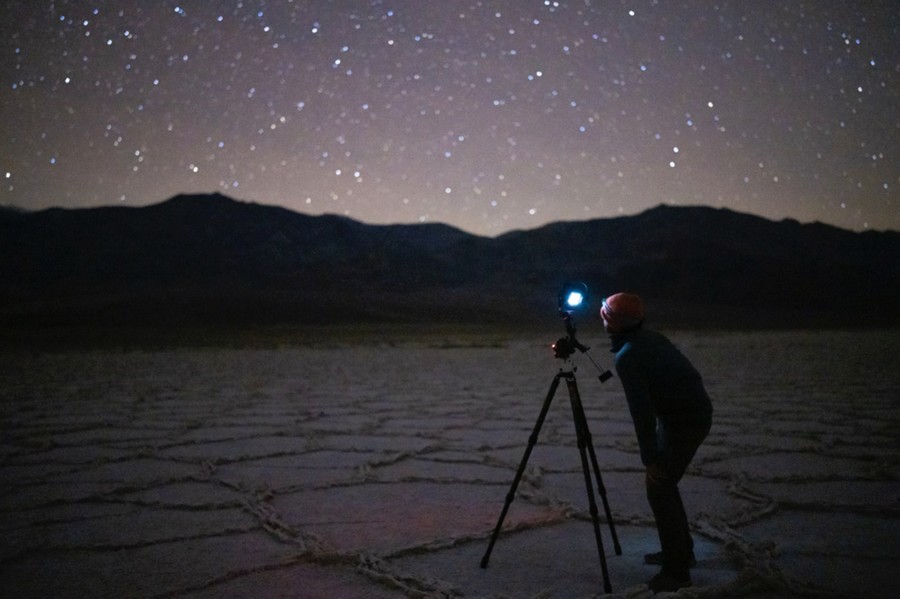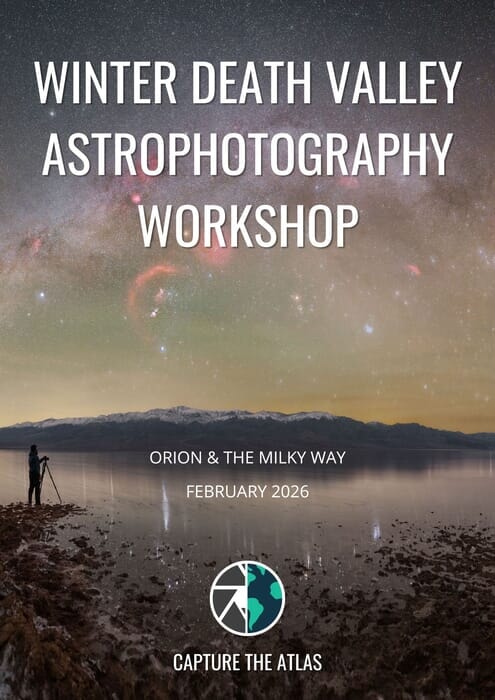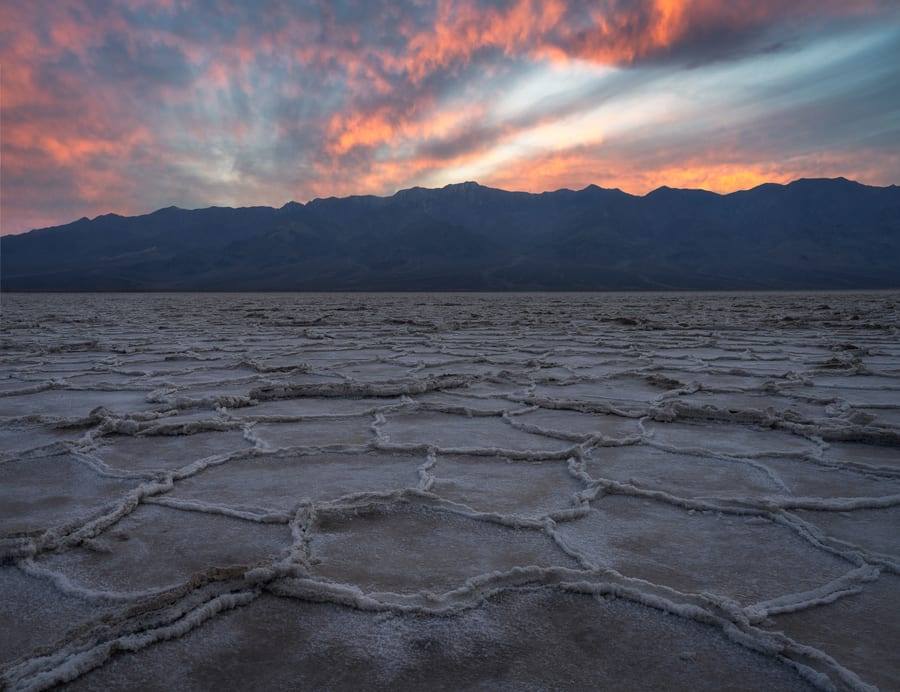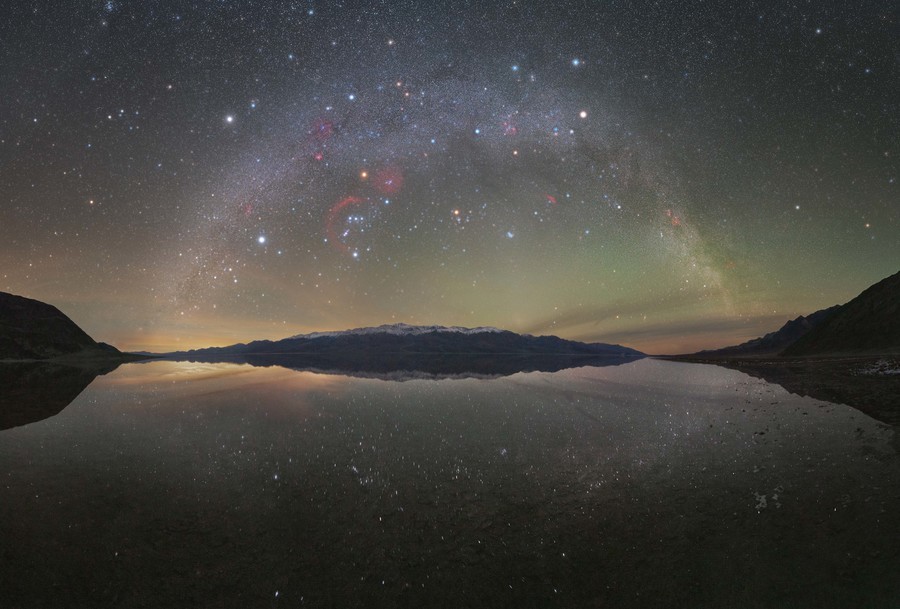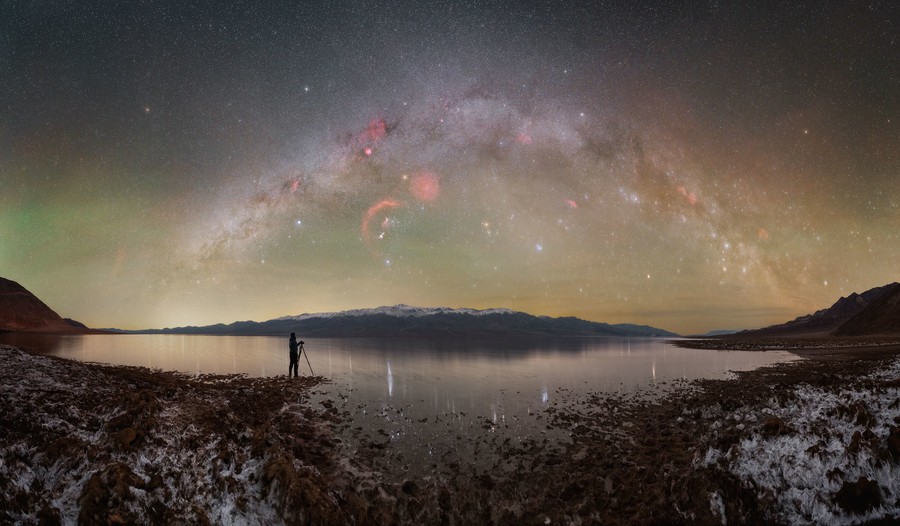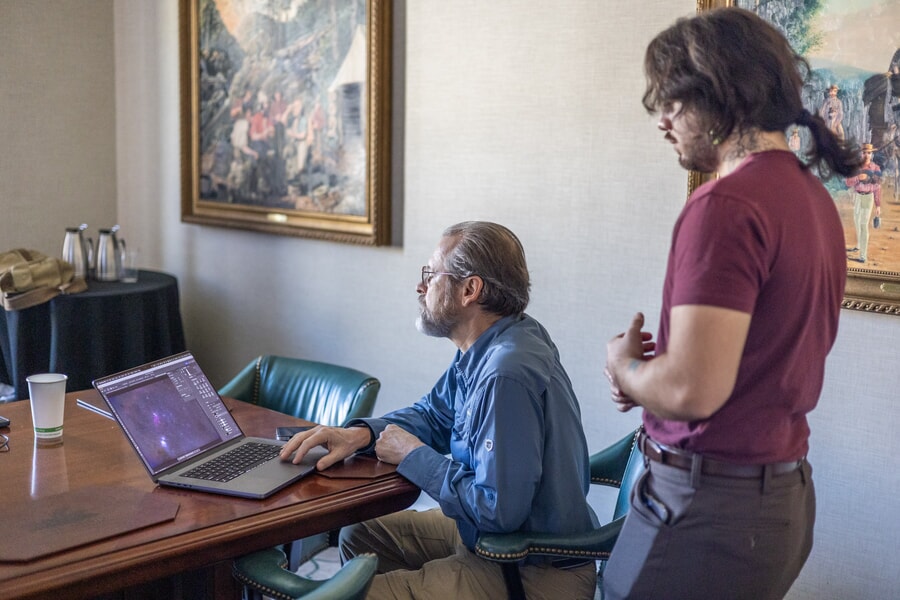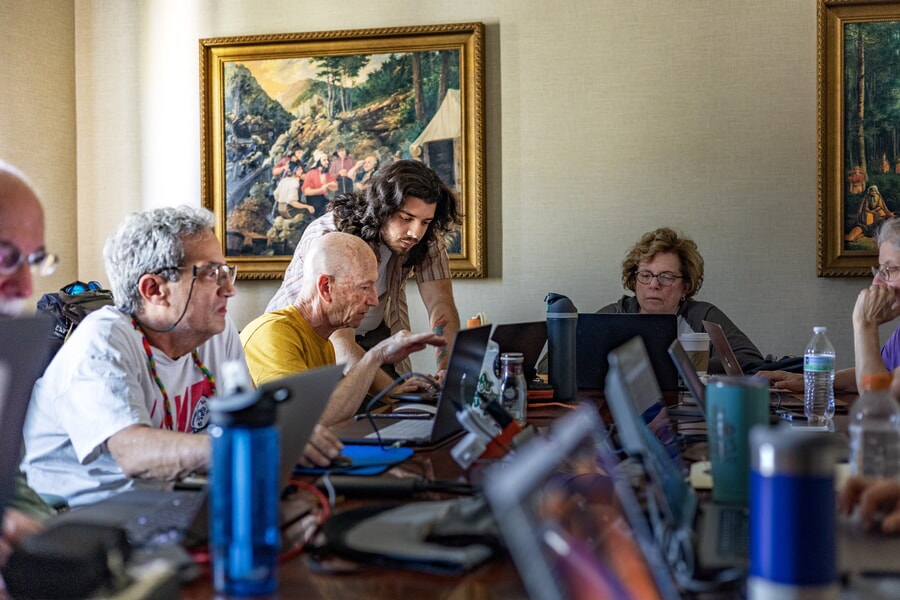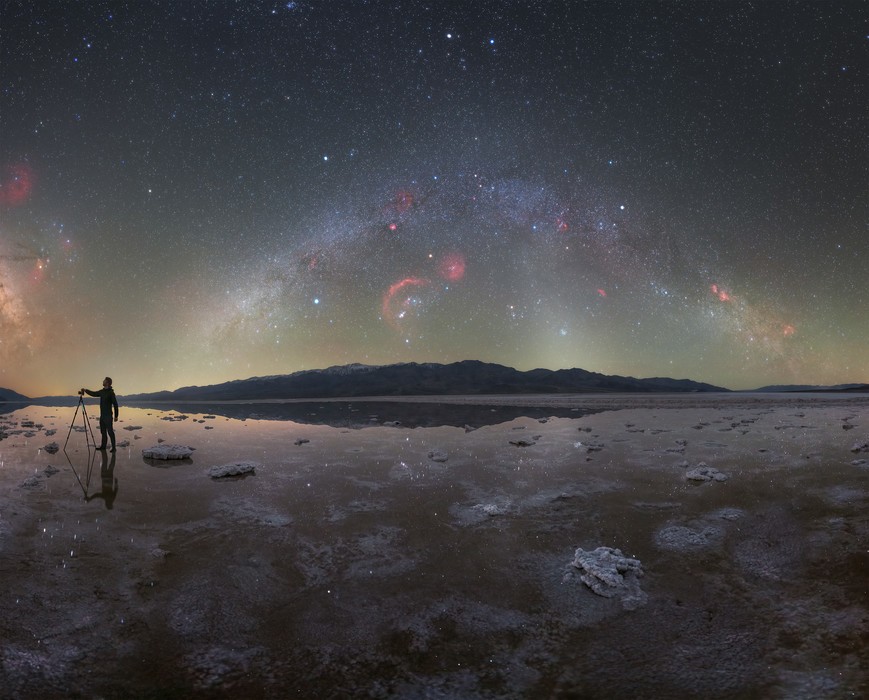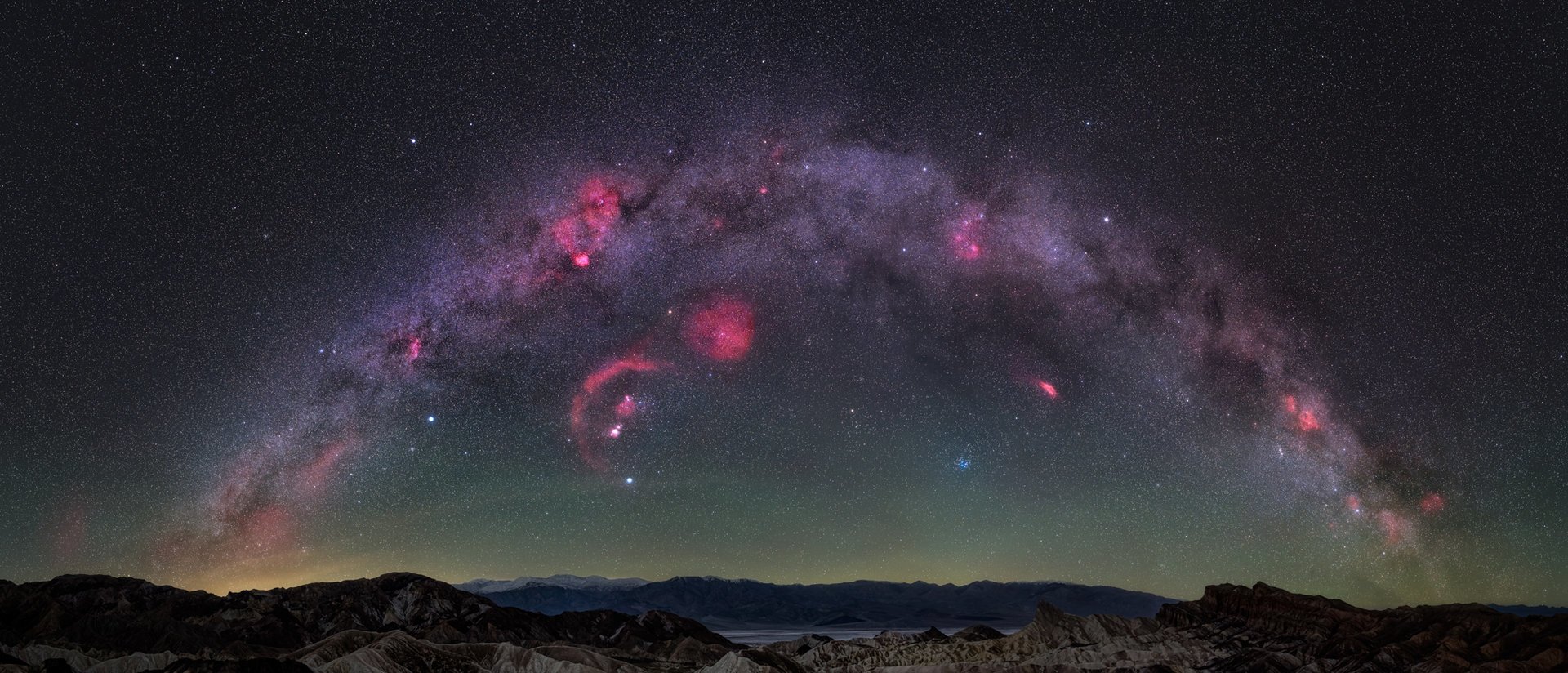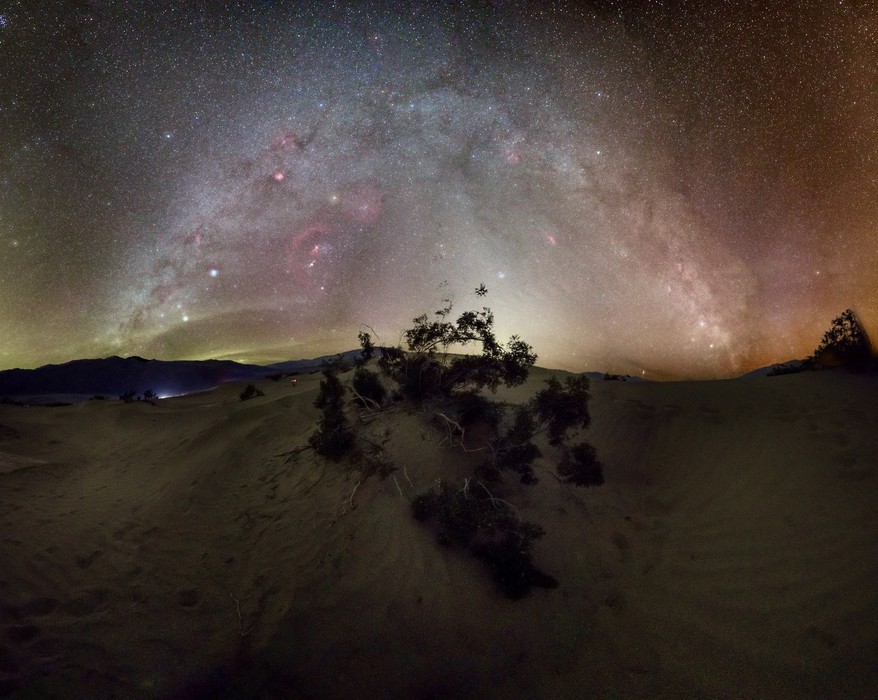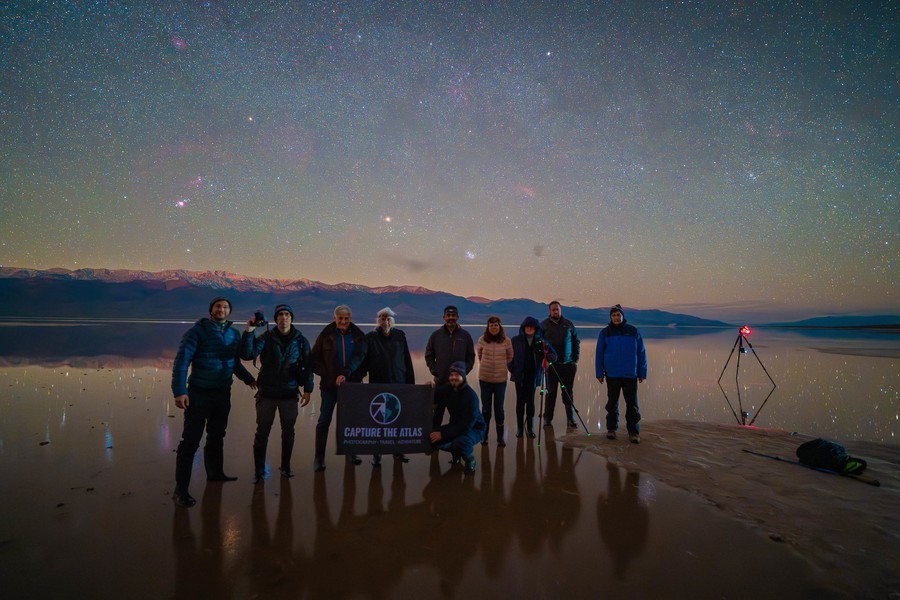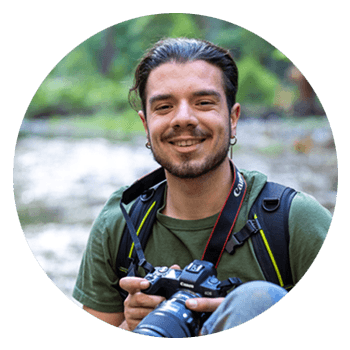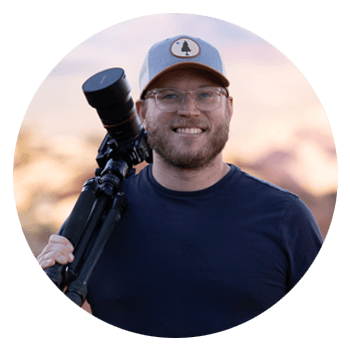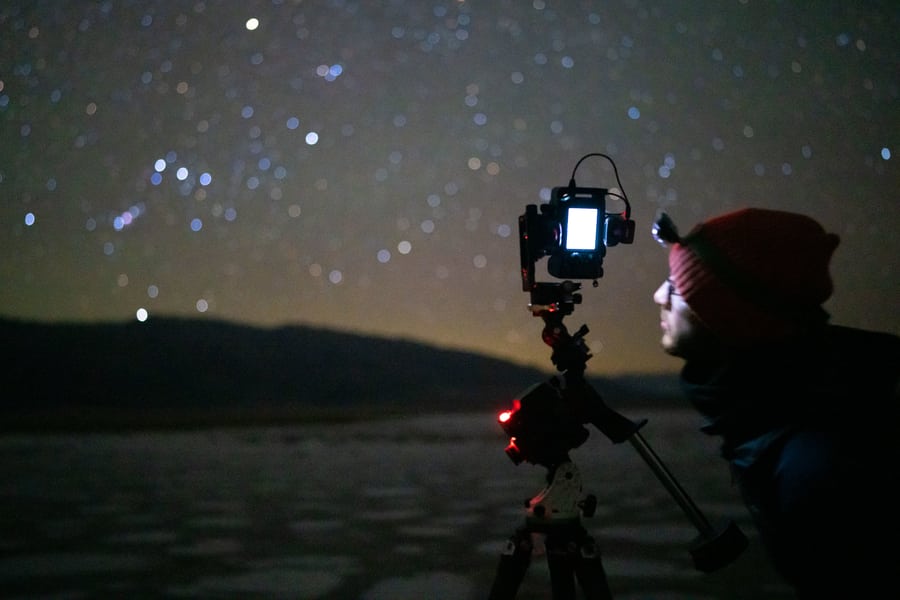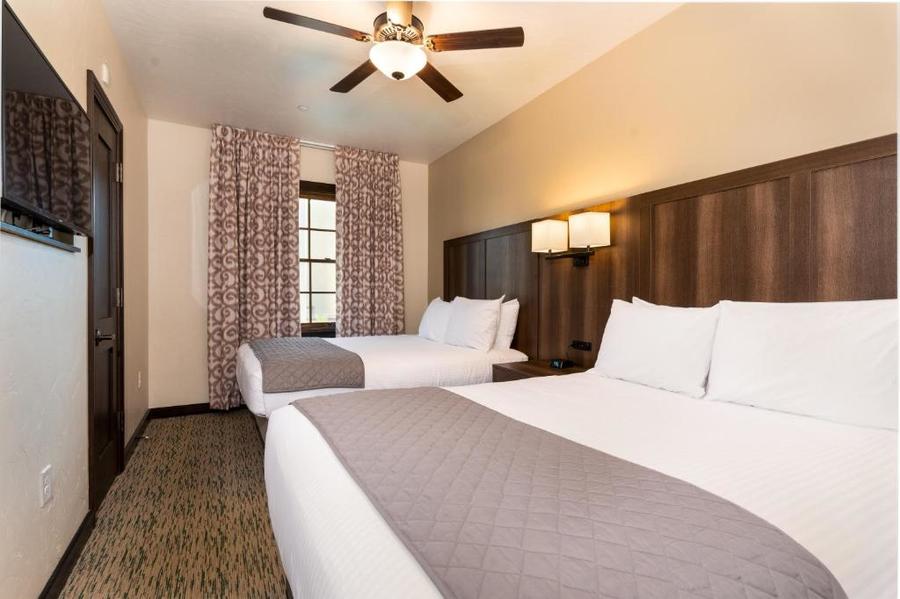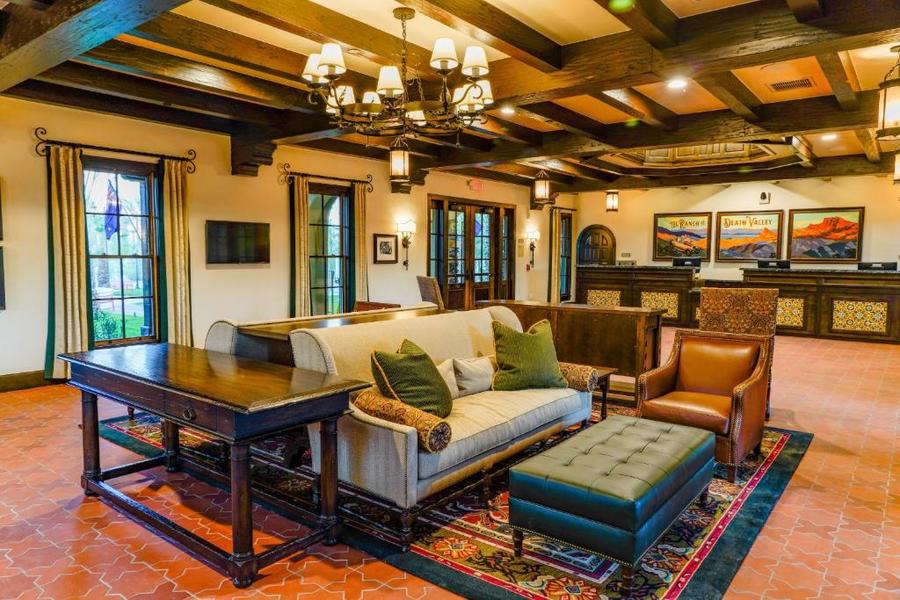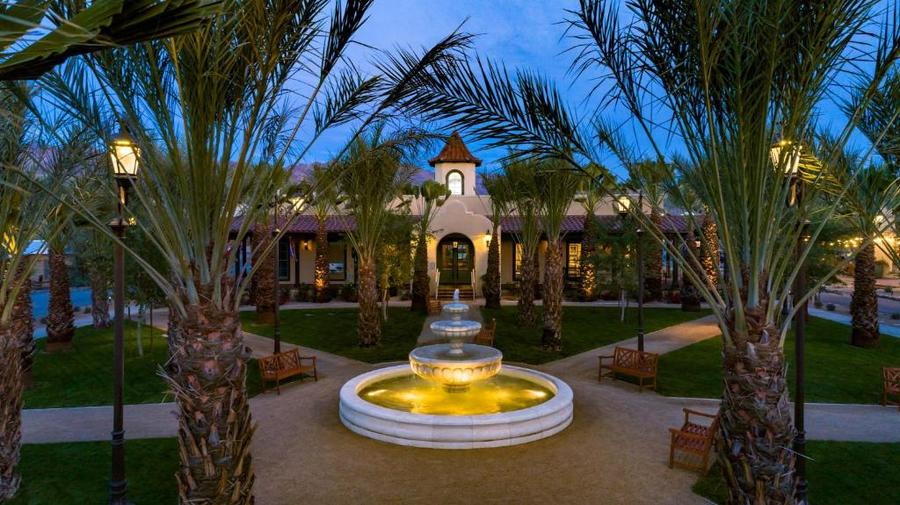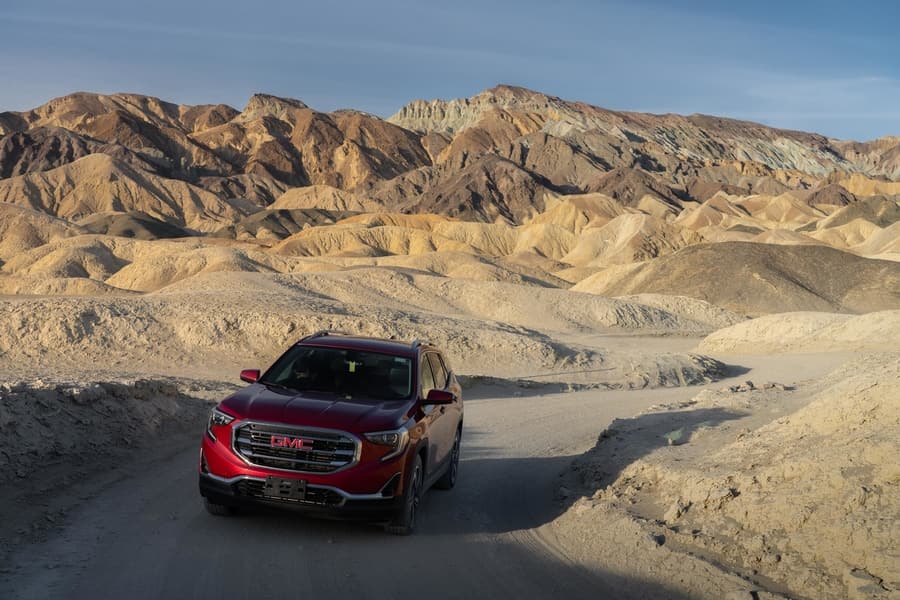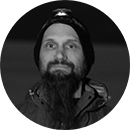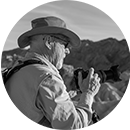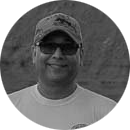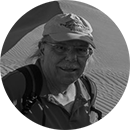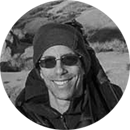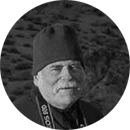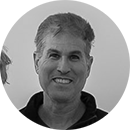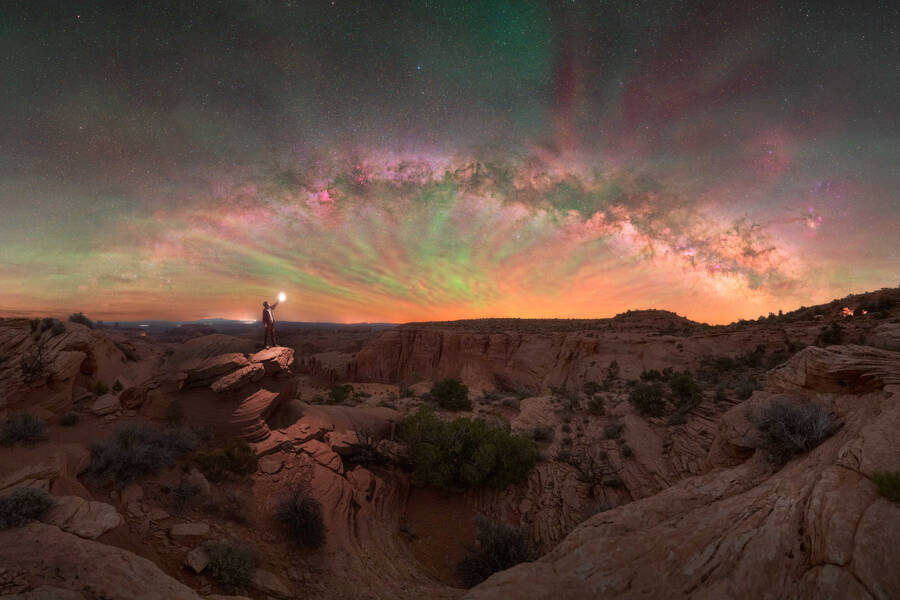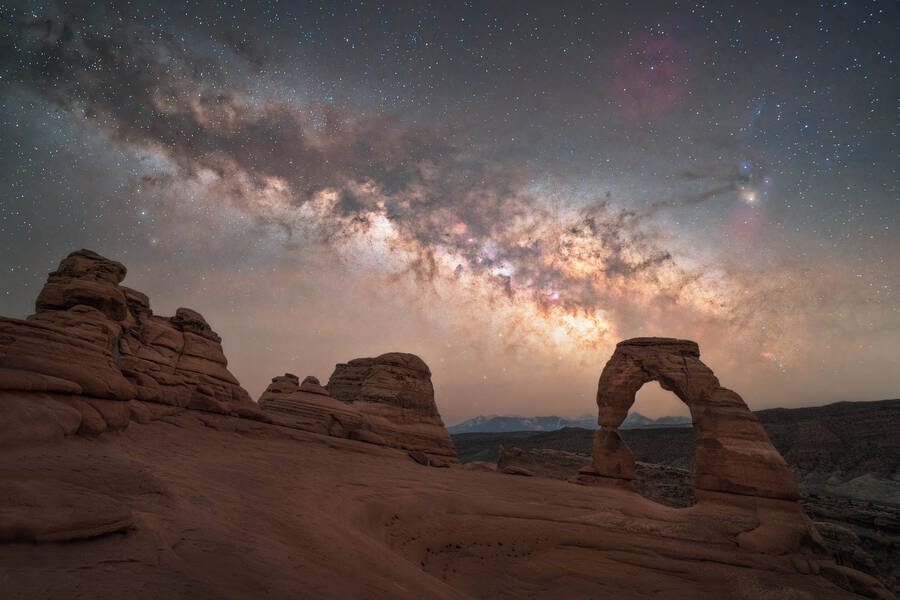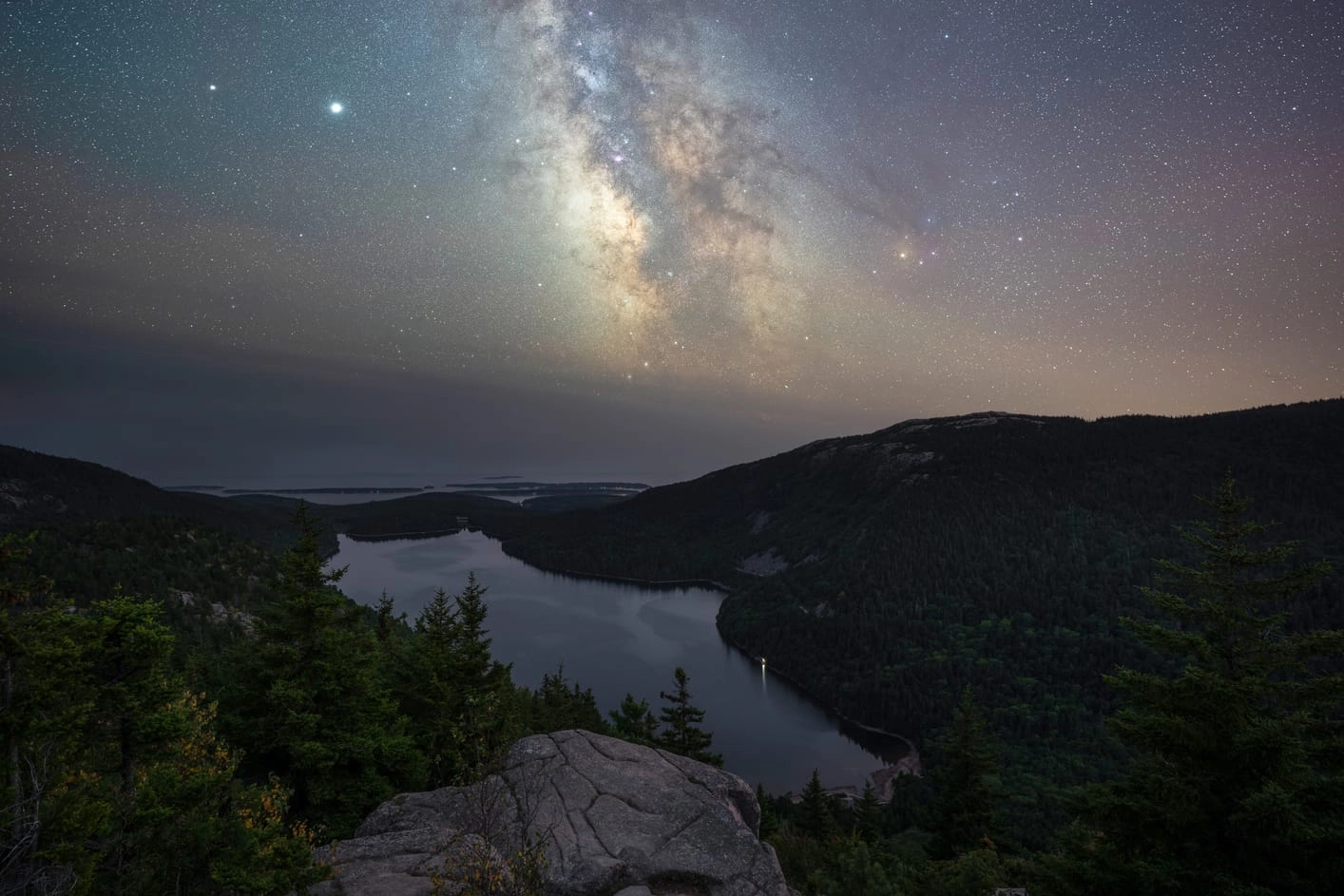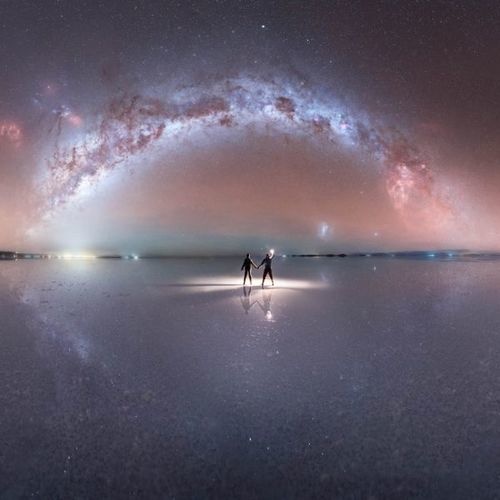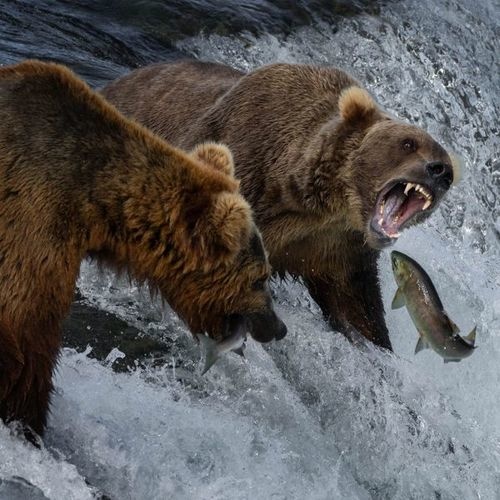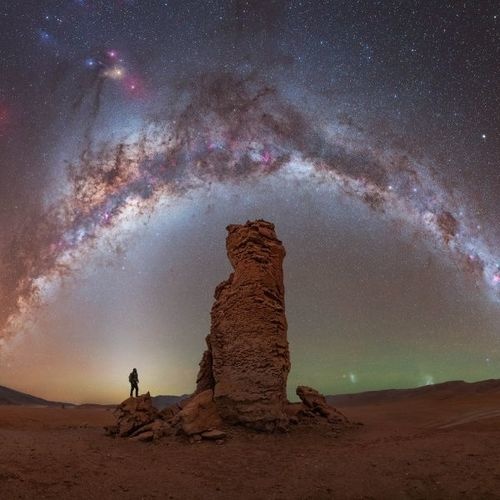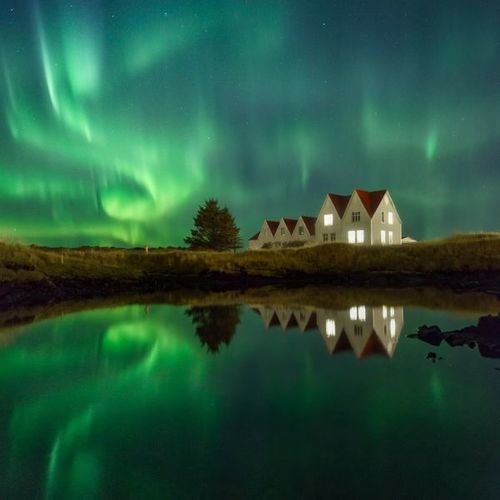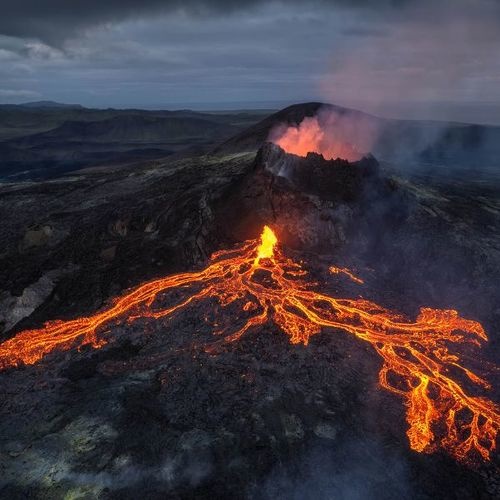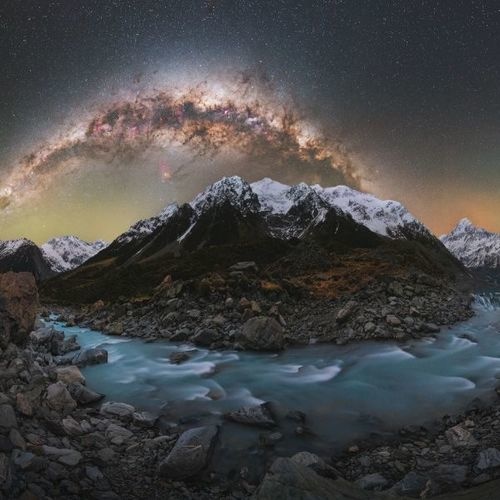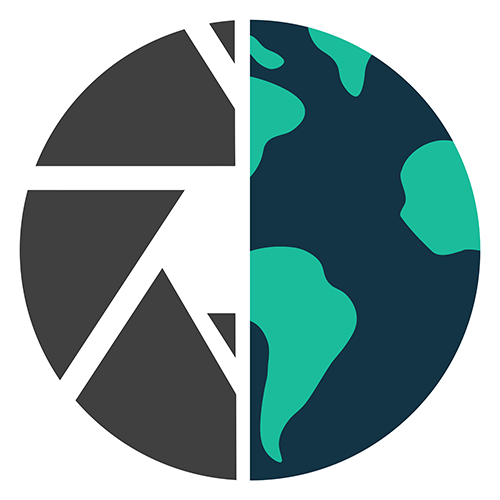You can perfeclty take part in this workshop and capture beautiful images with a stock camera. However, to capture the highest quality and all the prominent colors in the h-alpha regions, we recommend having an astro converted camera.
It doesn’t matter if you have never shoot with an astro modified camera before; we will walk you through the entire process from customizing your white balance to all the techniques, tips, and recommendations to make the most of it.
To get an astro camera, you can either send a second body for a conversion or purchase a brand new astro modified camera. You can astromodify almost any camera model, but some of the models I recommend if you are getting a new astro camera are the Sony A7III and A7IV, Nikon Z6II, and Canon EOS R6.
There are many labs where you can do a conversion. Please make sure that it is a professional and reputated Astro lab to avoid possible issues. If you are based in the United States, we recommend Spencer’s Camera.
The main modification we recommend is a Visible+H-alpha conversion. You can optionally install a heat reduction system but it’s not a must. I recommend watching this masterclass on astromodifications if you are planning to do a conversion.
You can get $50 off your order if you join the workshop by using the code “CapturetheAtlas” at the checkout.
